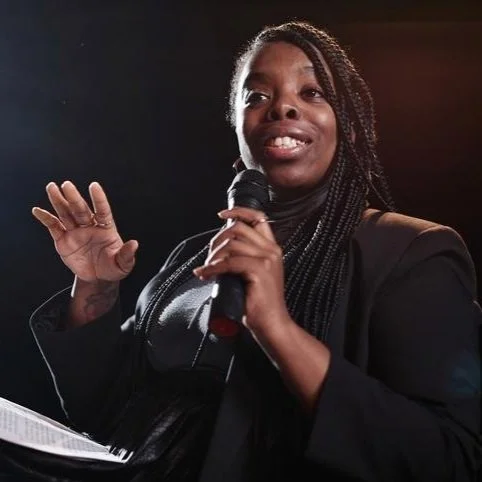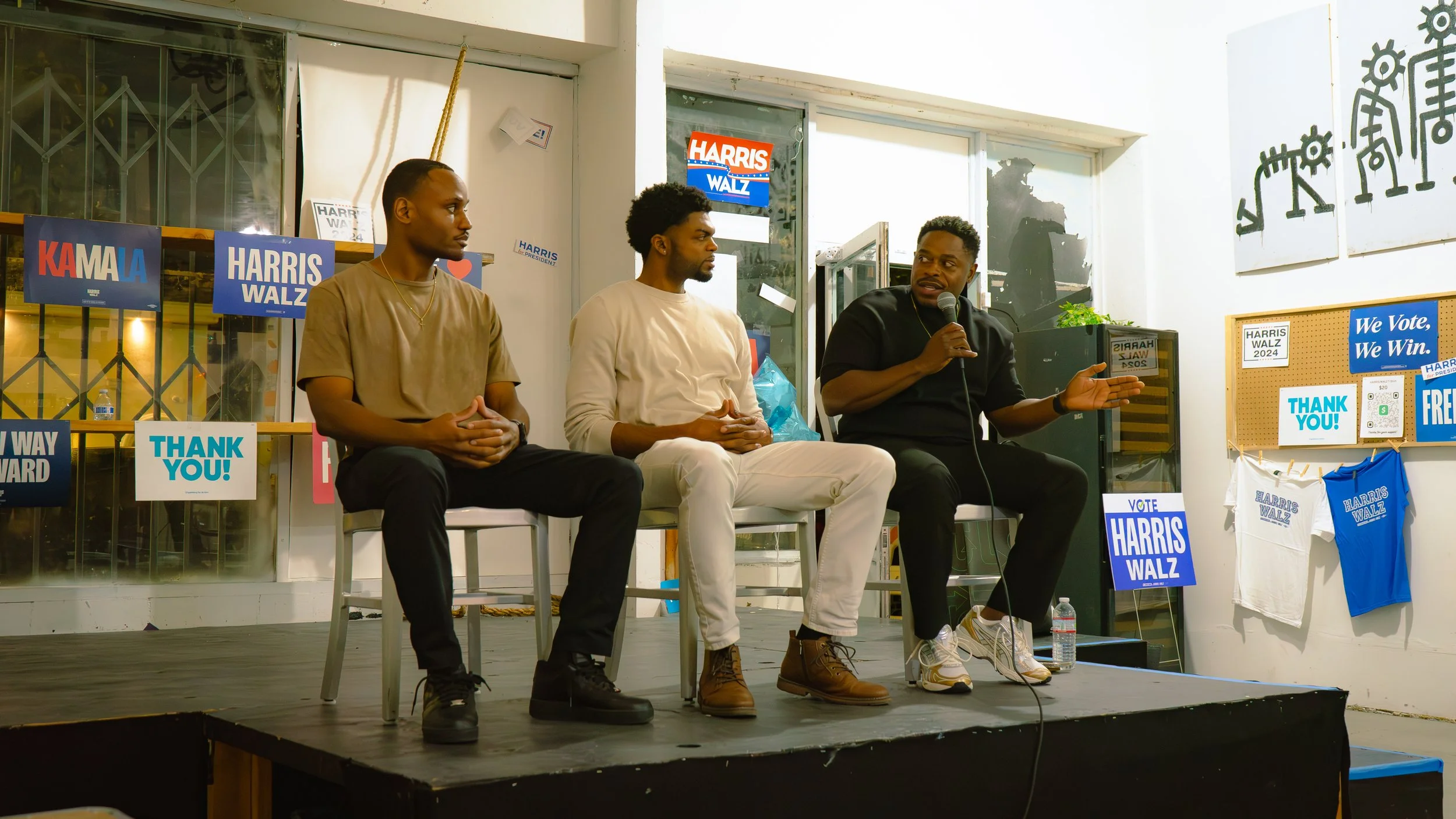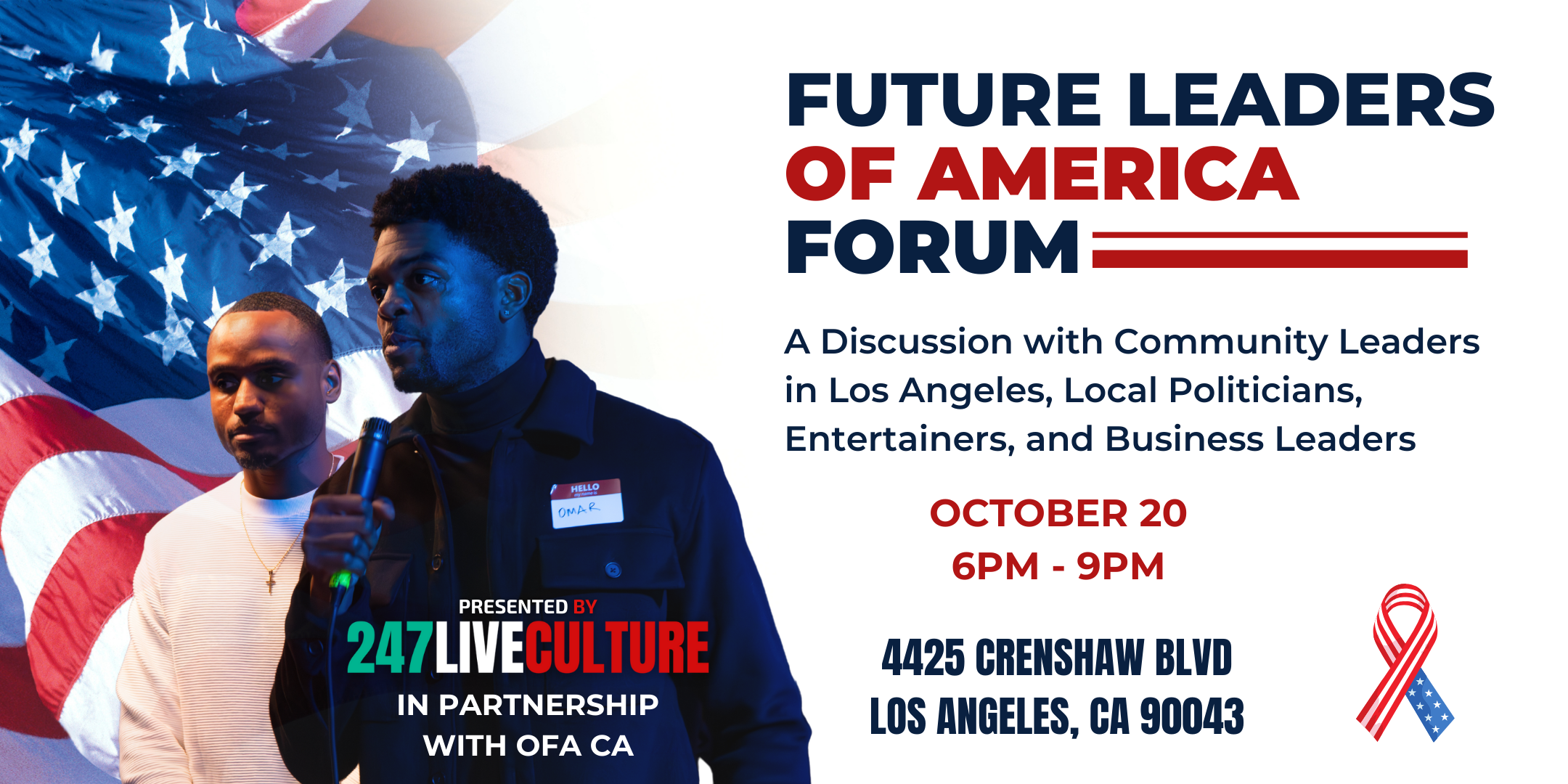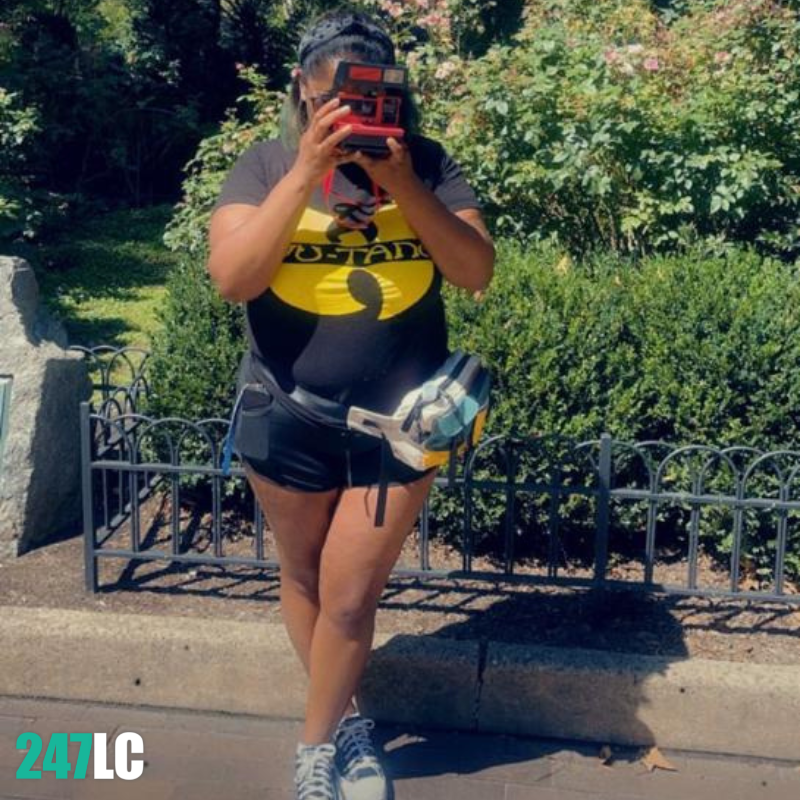Navigating Being the Only Black Person in the Workplace
In many professional and social settings, being the only Black person in the room can be an isolating and challenging experience, but it also offers opportunities for growth, advocacy, and leadership. We discuss it here!
By: Jamila Gomez
In many professional and social settings, being the only Black person in the room can be an isolating and challenging experience. This situation is not uncommon in various industries and institutions where diversity is still a work in progress. Navigating these environments requires resilience, confidence, and a proactive approach to addressing both the overt and subtle challenges that arise. This article explores the complexities of being the only Black person in the room and offers strategies for coping and thriving in these situations.
The Emotional Landscape
Being the only Black person in a predominantly white or non-Black environment can evoke a range of emotions, from pride and determination to stress and fatigue. Some common experiences include:
1. Visibility and Scrutiny
Often, Black individuals may feel hyper-visible and under constant scrutiny, leading to pressure to perform perfectly and avoid mistakes.
2. Isolation and Loneliness
The absence of peers who share similar cultural backgrounds can result in feelings of isolation and a lack of belonging.
3. Microaggressions
Subtle, often unintentional, discriminatory comments or behaviors can accumulate, causing emotional distress and frustration.
4. Tokenism
Being perceived as a representative of an entire race rather than as an individual can be burdensome and limiting.
Strategies for Thriving
1. Building Confidence and Self-Awareness
- Know Your Worth: Recognize your qualifications, achievements, and the unique perspectives you bring to the table. Your presence is valuable.
- Develop Self-Awareness: Understand your own triggers and responses. Reflect on your experiences and how they shape your reactions and interactions.
2. Creating and Seeking Support Networks
- Find Allies: Identify colleagues or peers who can offer support, understanding, and advocacy. Allies can help amplify your voice and stand with you against bias.
- Join or Form ERGs: Employee Resource Groups (ERGs) focused on Black professionals can provide a sense of community, mentorship, and shared experiences.
- Mentorship: Seek mentors within and outside your organization who can offer guidance, advice, and support.
3. Addressing Microaggressions and Bias
- Speak Up: When encountering microaggressions, calmly address them by explaining how they impact you. Use “I” statements to convey your feelings without being confrontational.
- Educate: Sometimes, people are unaware of their biases. Educate them gently but firmly about the impact of their words or actions.
- Report When Necessary: If microaggressions persist or escalate, consider reporting them to HR. Document incidents to provide a clear account.
4. Self-Care and Mental Health
- Prioritize Self-Care: Engage in activities that replenish your energy and reduce stress, such as exercise, hobbies, and spending time with loved ones.
- Professional Help: Consider therapy or counseling to navigate the emotional challenges and develop coping strategies.
- Set Boundaries: Protect your mental health by setting boundaries around how much emotional labor you’re willing to undertake in educating others.
5. Leveraging Your Unique Perspective
- Contribute Authentically: Share your unique insights and perspectives that come from your lived experiences. Diverse viewpoints are crucial for innovation and problem-solving.
- Leadership and Advocacy: Use your position to advocate for more inclusive practices and policies. Encourage your organization to prioritize diversity and inclusion initiatives.
Creating Systemic Change
While individual strategies are crucial, systemic change is necessary to address the root causes of these challenges. Organizations can play a significant role in creating more inclusive environments. Here’s how:
1. Diversity and Inclusion Initiatives
Implement comprehensive diversity and inclusion programs that address recruitment, retention, and advancement of Black professionals.
2. Bias Training
Regularly conduct bias and sensitivity training for all employees to foster a more understanding and respectful workplace culture.
3. Representation Matters
Strive for greater representation of Black individuals at all levels of the organization, including leadership roles.
4. Open Dialogue
Encourage open conversations about race and inclusion, providing safe spaces for Black employees to share their experiences and concerns.
Being the only Black person in the room comes with unique challenges, but it also offers opportunities for growth, advocacy, and leadership. By employing personal strategies and advocating for systemic change, Black individuals can navigate these environments more effectively and contribute to creating more inclusive and equitable spaces. Building confidence, seeking support, addressing bias, and prioritizing self-care are essential steps towards thriving in any professional or social setting.
YOU MAY ALSO BE INTERESTED IN:
SHARE TO SOCIAL MEDIA
Workplace Discrimination Based On Your Name: So-Called 'Hood' Names
Discrimination in the workplace should be a thing of the past and your name should not be an issue when applying to a new job! You shouldn’t have to change your name to get your foot in the door. We discuss it here!
By: Kwana Adams
Every time I think we black people are making progress as a unit, something always pops up to disappoint me. There’s always an argument or hot topic going through Black Twitter that just makes me screw my face up. Usually, it’s harmless yet ridiculous things like, “who gets their plate first? The kids or the husband?” or “Should your man pay for your friend’s dinner?” Why are we even discussing this, and why can we never agree?
This time I’m referring to a Tik Tok I saw where a black woman in HR admitted that HR professionals, including herself, judge us based on our ‘hood’ sounding names, and some will even throw our applications out. Reading this as someone with a ‘hood’ name, I was disappointed and angry as hell.
The Tik Tok is captioned “tips from the HR department’ so I know her heart was in the right place but, no. Nope. No, thank you. Get this sh*t out of my face. Respectfully. This is not right. I’m not down with this, and imma tell you why.
Before I rip this thinking to pieces, here is the tweet that features the Tik Tok in question for you to listen for yourself before you continue:
What do you think about this? 🤨 🤨 pic.twitter.com/EOZybmyLpk
— Revamped | Career Strategist (@RevampedCP) February 20, 2021
There are a few things I found uncomfortable with this video. First of all, why are you judging us? Ain’t you black too? Shouldn’t you be holding the door open for us instead of holding us back? In the video, she goes on to say, “let your experience speak for you.” How, when our applications aren’t even being looked at sometimes? You saw that someone’s name was Shaniqua or Tyshaun, and you tossed their application aside based on some bias that tells you all you need to know about them, apparently.
We already face discrimination from white-owned companies based on our names. Why would you, as a black person, further pile onto that? You found yourself in a position to change this, but you made it worse, and on top of that, you’re offering us advice like this? We already have to work twice as hard. This is not what we need to be hearing and internalizing. You’re part of the problem, ma’am. You’re not remedying it like you think you are.
The other thing that made me screw my face up was the comments under the tweet where black people are saying things like, “this is why black people can’t have shit” or “this is why black people can’t get ahead” in response to people (rightfully) calling out the BS in this video. No, that’s not why black people can’t have shit or can’t get ahead. The reason ‘black people can’t have shit’ is because instead of paving the way for more black people to follow in your footsteps, you’re making videos like this, making people feel ashamed and embarrassed of their names.
I’m not sure why anyone would think this was good advice, but they do, and that’s none of my business. However, it is my business when you’re trying to talk down on other black people because they disagree with something. Queen Latifah said U.N.I.T.Y, and we need to really listen and come together because it’s upsetting how we tear each other down.
Some of our names are cultural or derived from a cultural name, but you’re too busy judging them to figure out where they came from. I wish respectability politics would release its hold on the black community. I don’t know who needs to hear this, but we don’t need a seat at any table that we have to change ourselves for.
At the end of the video, she advises us to use our initials or middle names on applications to get our foot in the door. Remember up above where I said her heart was in the right place? I know she thinks she’s giving us good advice, but I’m gonna have to pass on it. Stop telling us to change our names and tell us how to spruce up our resumes. Tell us how to ace an interview with flying colors.
We need discrimination in the workplace to be a thing of the past, and it starts with people like this woman who are already at the table. Instead of looking at our ‘hood’ names and judging us, how about looking at our experience and cover letter? We shouldn’t have to change our names to get our foot in the door. If that’s what it takes, then we don’t need to work there. My name is Kwana- Shikwana, to be exact. No, I’m not using my initials or my less ‘hood’ middle name. No, you can’t use any nicknames you made up to address me. Learn to pronounce my name, call me what I want to be called, or don’t address me at all. I’m not changing a damn thing about myself for you to accept me. Instead of wasting your energy encouraging us to change our names, channel that energy into calling out the people and the system that discriminates against us. Please.












